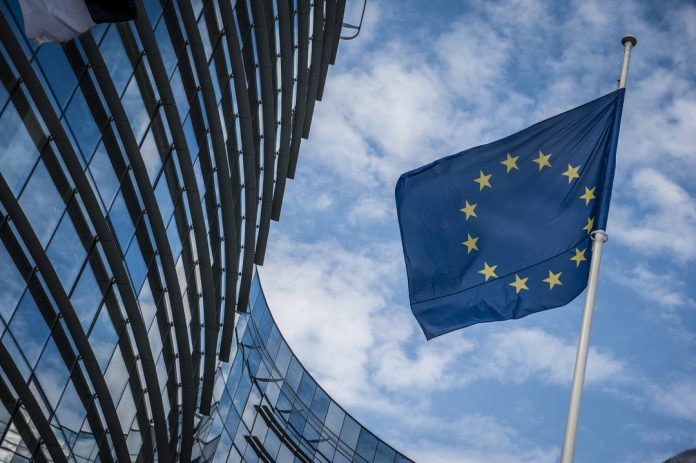ISLAMABAD: While Pakistan is yet to fully utilise the facility of Generalised System of Preferences plus (GSP +) provided by European Union (EU), it is doing all efforts to save the facility during the revision of the GSP plus status to Islamabad by European Parliament in January 2018.
Sources claim that apart from those European countries which had previously objected extending the trade preference to Pakistan, some other members of EU may question the poor implementation of 27 United Nation Conventions signed by Pakistan before voting in support of the facility.
Though officials at Ministry of Commerce are apparently confident that EU will extend the facility for another two years as the ministry has convinced a majority of the members, the strong objection by some members of EU is also expected since. Sources claim Pakistan has not fully implemented the conventions, a mandatory subject for availing the facility. EU grants the trade concessions to those beneficiary countries who undertake to implement 27 UN Conventions.
Keeping in view the UN conventions, signed by Pakistan, the opposing members of the facility in European parliament may raise queries about violations of recommendations of EU’s GSP plus assessment team made in October, 2016, violation of national treatment, discriminatory imposition of sales tax on imported products; regulatory duty of 25 per cent of powdered milk, discrimination treatment against international pharmaceutical companies vis-à-vis domestic industry; weak enforcement of intellectual property rights; restrictions on import of meat from EU; progress on readmission dialogue with EU and agreement on human rights assistance, sources added.
However, the delegation of the ministry, headed by its minister Pervaiz Malik, which has recently completed a weeklong visit to European countries, claims that there is no threat to the GSP plus. Officials at the ministry are confident that Pakistan, as it received in 2013, may get 2/3 majority vote, required in European parliament for revision of the GSP Plus facility.
It may mention here that duty-free access to various Pakistani products in 28 European countries was granted as a result of a successful vote by the European Parliament in December 2013, under its “special incentive arrangement for good governance and sustainable development” for 2014-2023 also known as GSP plus. The GSP regulation requires EU Parliament to undertake a review of its GSP scheme every two years. The first review was carried out by the EU Parliament in 2016 which noted legal and institutional framework of Pakistan as a beneficiary country for implementing 27 Conventions. The second review which is also a mid-term review of the scheme will be undertaken in January 2018.
According to sources, Pakistan should not miss the facility since the same has supported the ever falling exports of the country. As per the available data, Pakistan’s exports of textile goods show increase only in those countries where Islamabad is granted the GSP Plus facility.
However, exporters claim that Pakistan has failed to fully utilise the trade concessions during the past few years for various reasons. “Though the utilisation of the preferences was encouraging in 2016, the facility remained fully unutilised in 2014 and 2015. In 2016, the average utilisation rate was 95.75 per cent, meaning that Euro 5.509 billion out of the Euro 5.753 billion eligible exports. However, a significant decrease in the utilisation rate was recorded in 2014 when Pakistan was granted GSP+ status. Compared to 2013, the utilisation rate dropped by almost 25 percentage points.
According to sources the energy crises, low skilled labour, the high cost of doing business, macroeconomic instability, security concerns, priorities of government etc could be the major reasons of less utilisation of the facility.
























